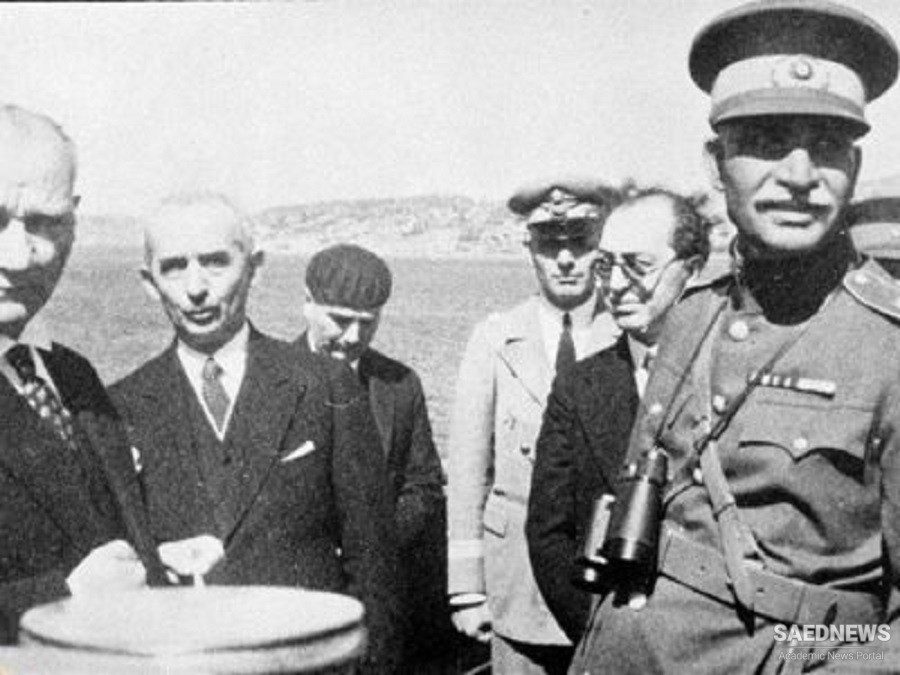But the spirit and purpose of these reforms are obvious: for the state that defined itself as secular it was important to weaken the position of the ‘olama and to curtail their juridical, educational, and charitable functions. Reza Shah apparently recognized that he could only remain in power if he fulfilled the intellectuals’ desire for westernization and took up the question of education. Besides, the secularization and westernization of education could also serve to bring about an understanding with foreign governments.
They allowed the shah to demonstrate to the western world how progressive Iran was. In order not to be a pawn in the hands of the Great Powers anymore, Iran was not only anxious to free itself from the direct influence of the western world, but also desired to be accepted and treated as a Europeanized and consequently more or less equal country
Although Reza Shah had at least two good reasons for supporting the estab�lishment of a university, he hardly ever took the initiative himself, but only approved the projects suggested to him. Needless to say, without his consent it would have been impossible to establish a university; but his active contribution to the project appears to have been extremely small. Neither in Sadiq’s nor in Hekmat’s initiative can one detect a substantial input or distinct involvement from the shah, although both of them sang the shah’s praises.
This praise was due to the politician who with his drastic measures had provided law and order and guaranteed the necessary conditions for the implementation of their desired projects. After having given his general consent to the university’s foundation, Reza Shah rarely intervened in its affairs. It was pure coincidence that he was the one to choose the terrain for the university’s new buildings, although the Council of Ministers had already passed a different resolution.
That Reza Shah himself laid the foundation stone of the university should not be taken as an expression of special interest, but rather compliance with the principle of highest authority. Whenever in Iran an inauguration took place, the shah had to affix his “golden label” to it – a principle which is still valid today, although the authorities and labels have changed. Stories such as the following are part of a hoard of anecdotes which surrounded Reza Shah; it is not important whether they are true or not, but only that they obviously were accepted unquestioned and passed on as part of the ruler’s image. Hekmat reports that the laying of the foundation stone was almost cancelled due to bad weather. The day before, heavy rain had rendered the ground a sludge pit. The minister of education anxiously inquired whether the shah intended to pay his visit under these circumstances and received the answer that he would even come if stones were falling from the sky.


 Ismaili Roots of Jabir Ibn Hayyan's Intellectual System
Ismaili Roots of Jabir Ibn Hayyan's Intellectual System














































